Part 6
On my last Sunday in Bay St. Lawrence. I joined a bustling crowd on a dock along Deadmans Pond for Derby Day, the annual town fishing contest. Most of Theresa’s family gathered for the occasion. They were out for fun—and dead set on winning. They prepped the Greyhound with the air of relaxed confidence only seasoned victors can project.
We rumbled out into the bay for 45 minutes or so. White cotton gloves on and hand lines flipped over the side, Theresa revved up what Coley called “the Terminator”—two stainless steel poles, a bare inch apart, through which she yanked a line studded with mackerels, stripping a shower of gleaming, squirming fish into catch-all bins below. The boys fished mainly for sculpin, a hoary reptilian fish with dragon-like protrusions, which are exciting to stare at but generally considered inedible.
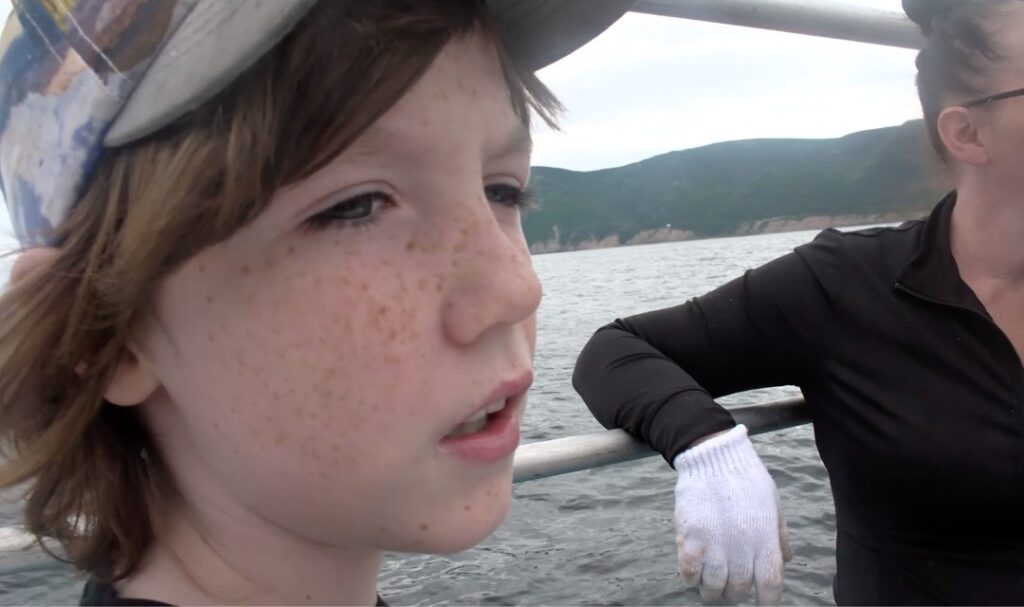
The hustle and bustle made for a cinematic feast: blood-soaked gloves, ogling sculpin eyes, a line rippling through a curled gloved hand. But my camera locked onto Coley’s youngest son Chace, though I’m not sure why. (I can film or I can think; I cannot do both at once.)
The sharply fluctuating light from passing clouds so preoccupied me that I almost missed what turned out to be a once-in-a-generation catch. On our way home, Chace declaimed his “250-pound halibut” as one for the ages. The fish was actually about 40 pounds, but the sentiment rang true. Not one for hyperbole, Coley later said, “Never in my lifetime have I seen a fish that size caught by a hand line.”
To date, Theresa has lost both parents, her husband, two brothers, her stepson, and her eldest biological son. But it is this last death, Robbie’s, that haunts her most.
During Robbie’s youthful partying days, Theresa and her husband Robert routinely ferried him home after a night of excessive drinking. But one night, August 25, 2002, Theresa missed Robbie’s call. While driving home from Ingonish, a town about 40 minutes away, he crashed head-on into a bridge abutment. He was 26 years old.
“It took me five years before I learned to be happy again,” Theresa said. “But I can never be happy. How can I be happy if my son is gone?” She continued, in tears, “My husband, Robert, pretty well stopped living.”
Robert sought counseling but it was of little use. He died eight years later, within four months of his lung, then brain cancer, diagnosis.
“I think my dad went into shock,” Coley said. “He was either in his room or at the graveyard. He gave up. During the season he’d fish, then lie in bed, not eating, just smoking. My mom was a little stronger, except for those first years she was a little hysterical.” Coley added, quietly, “I never want to go through that again.”
Margaret added, “It was the guilt. We didn’t think she’d survive. Oh my gosh, for two years we couldn’t help her. Robbie was a part of her, that was the difference.”




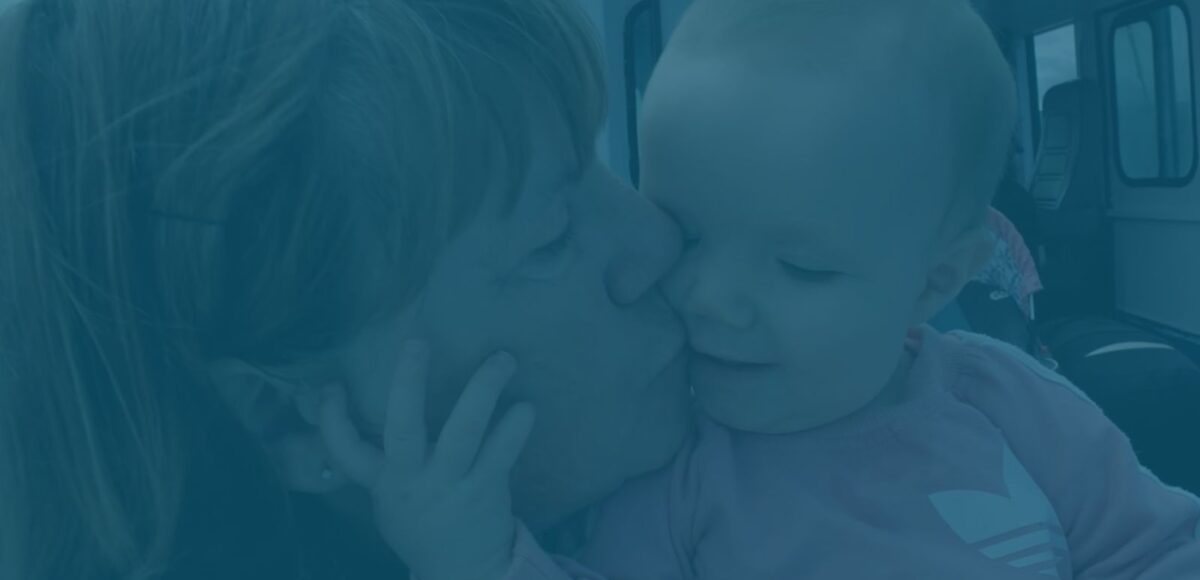
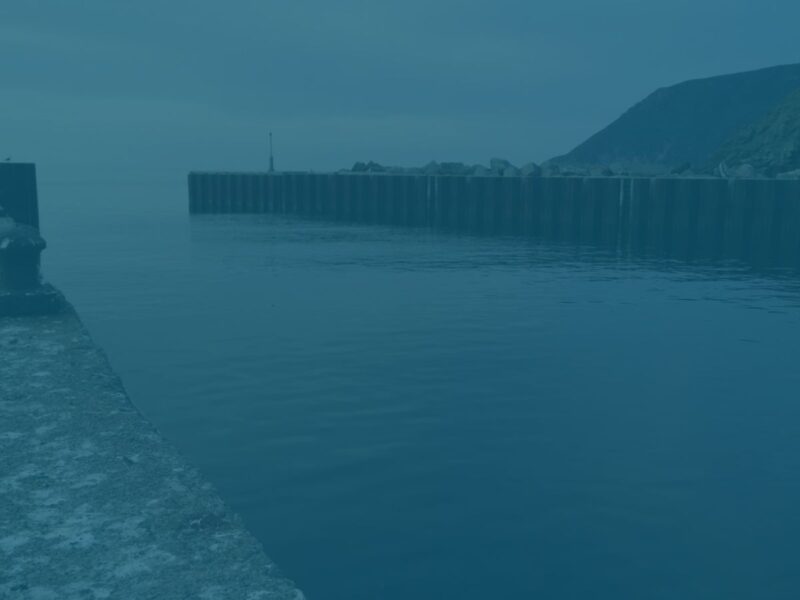
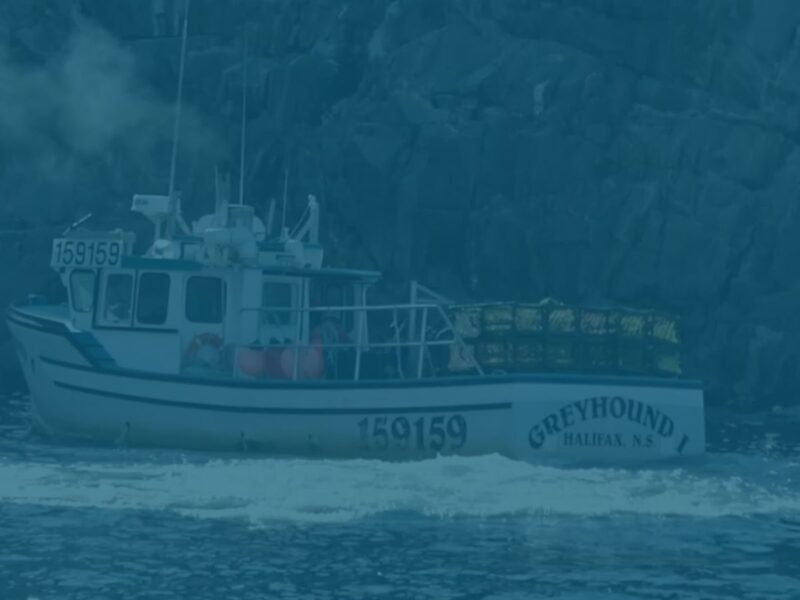
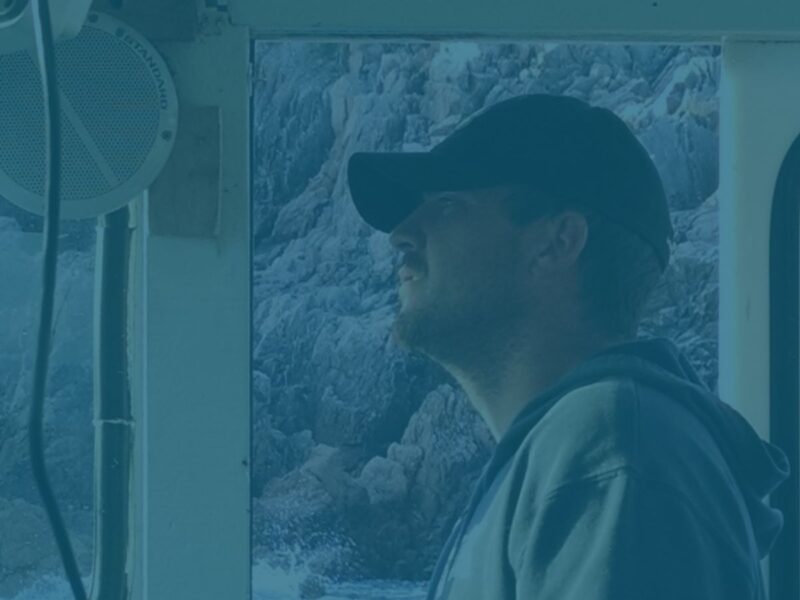
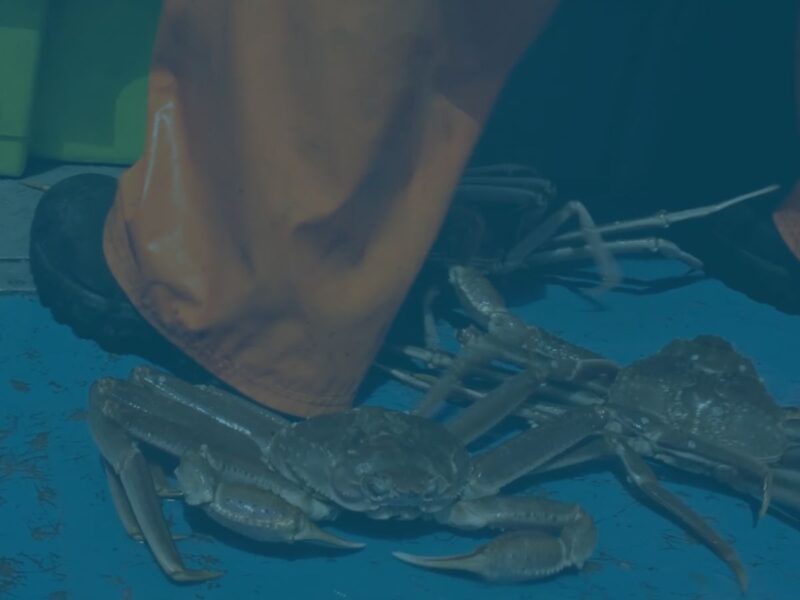
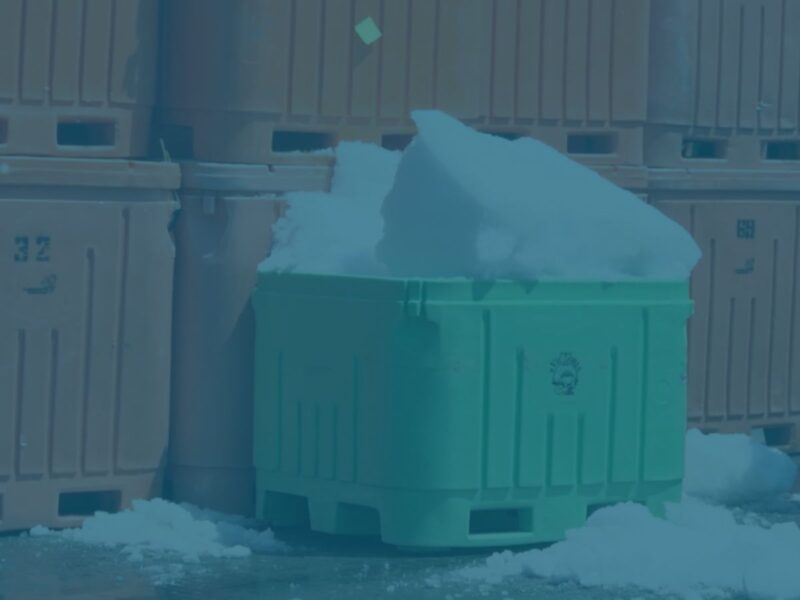

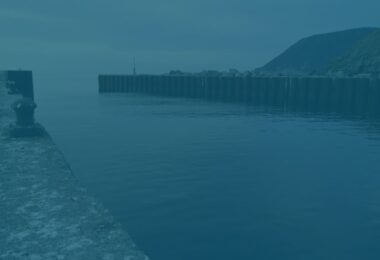
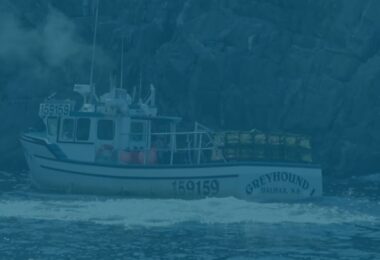
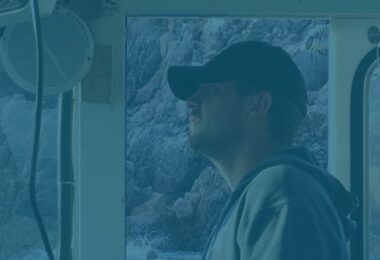
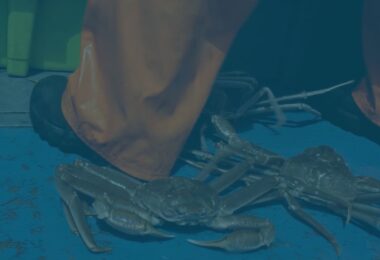

No comments